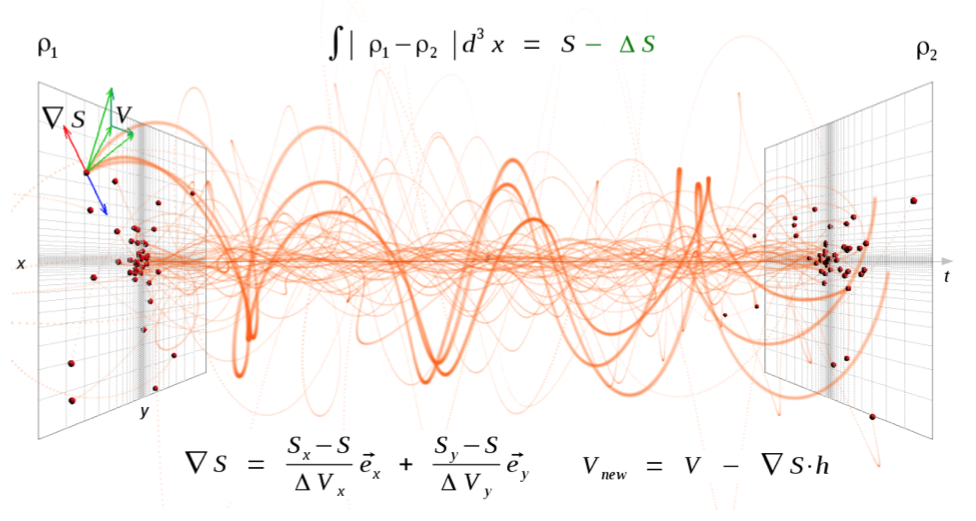GALIC – Code

The GALIC code is a publicly available program that implements a new iterative method for the construction of N-body galaxy models in collisionless equilibrium. The method uses elements of Schwarzschild’s technique and of the made-to-measure method, but is based on a different principle. Starting with some initial assignment of particle velocities, the difference of the time-averaged density response produced by the particle orbits with respect to the initial density configuration is characterized through a merit function, and a stationary solution of the collisionless Boltzmann equation is found by minimizing this merit function directly by iteratively adjusting the initial velocities. Because the distribution function is in general not unique for a given density structure, the merit function is augmented with additional constraints that single out a desired target solution. The velocity adjustment is carried out with a stochastic process in which new velocities are randomly drawn from an approximate solution of the distribution function, but are kept only when they improve the fit. The method converges rapidly and is flexible enough to allow the construction of solutions with third integrals of motion, including disc galaxies in which radial and vertical dispersions are different.
The method has been developed by Denis Yurin as part of this PhD thesis supervised by Volker Springel. The code can be downloaded as
galic.tar.gz (version 1.0)
which contains the source code as well as a README file with instructions for building and running the code. We note that the code is parallelized for distributed memory based on MPI.
The principal reference for the method and the code is the paper:
- An iterative method for the construction of N-body galaxy models in collisionless equilibrium
Yurin D., Springel V. (2014)
Monthly Notices of the Royal Astronomical Society, 444, 62 [ADS]
About HITS
HITS, the Heidelberg Institute for Theoretical Studies, was established in 2010 by physicist and SAP co-founder Klaus Tschira (1940-2015) and the Klaus Tschira Foundation as a private, non-profit research institute. HITS conducts basic research in the natural, mathematical, and computer sciences. Major research directions include complex simulations across scales, making sense of data, and enabling science via computational research. Application areas range from molecular biology to astrophysics. An essential characteristic of the Institute is interdisciplinarity, implemented in numerous cross-group and cross-disciplinary projects. The base funding of HITS is provided by the Klaus Tschira Foundation.